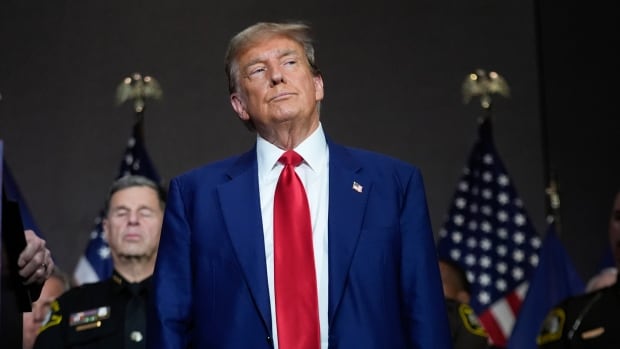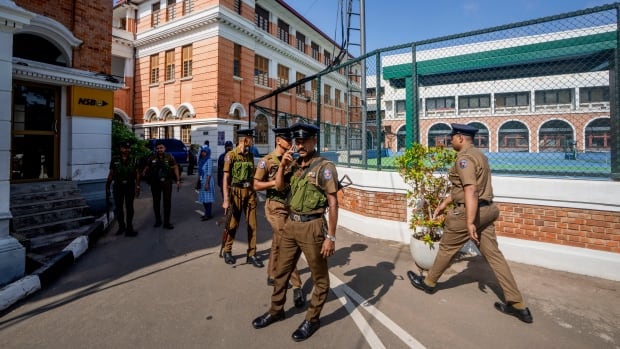A federal judge on Thursday rejected Donald Trump’s argument that the case accusing the former U.S. president of illegally holding onto classified documents should be tossed out because he viewed the material as his personal records.
Trump, the Republican challenger to President Joe Biden in the November election, argued that his retention of highly sensitive documents at his Florida estate was authorized under a U.S. law that allows former presidents to keep personal records unrelated to their official responsibilities.
U.S. District Judge Aileen Cannon expressed skepticism at a March 14 court hearing that the case should be dismissed based on Trump’s argument, but she said it may have “some force” as a defence at trial.
On March 18, Cannon asked both Trump and Special Counsel Jack Smith, who brought the case, to propose instructions to a future jury on how to weigh Trump’s claims that the records were personal.
Cannon, who was nominated to the bench by Trump, previously rejected Trump’s bid to throw out the central charge against him based on claims it was improperly vague. Trump still has several pending challenges to the case, including arguments that he has presidential immunity and was selectively targeted by prosecutors.
Prosecutors working with Smith have disputed Trump’s depiction of the records as personal, alleging that they contained information about nuclear weapons programs and potential U.S. vulnerability to military attack.
Trump was not authorized to hold onto secret information related to U.S. national security after leaving the White House in 2017 even if he viewed the records as personal, prosecutors argued.
Trump has pleaded not guilty to 40 federal counts accusing him of illegally retaining sensitive documents and obstructing U.S. government efforts to retrieve them. Trump discussed with his lawyers the possibility of lying to investigators and concealed boxes of records after the government demanded their return, according to the indictment.
The case is one of four criminal prosecutions facing Trump as he seeks to unseat Biden and return to the White House. Trump has argued that the case is part of a politically motivated effort to damage his candidacy.
A trial is currently scheduled for May 20, but both sides have acknowledged it will be delayed. Cannon has yet ruled on competing proposals for a new schedule.
Former U.S. president Donald Trump says there’s no difference between his possession of classified documents and that of current President Joe Biden. Andrew Chang breaks down what Trump is right about — and what he isn’t.








